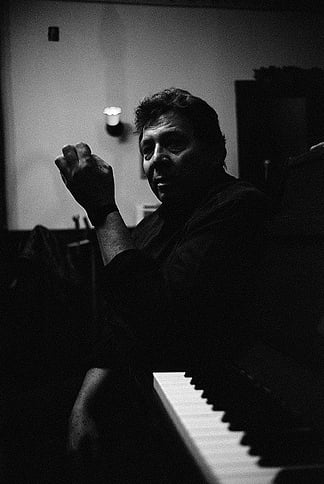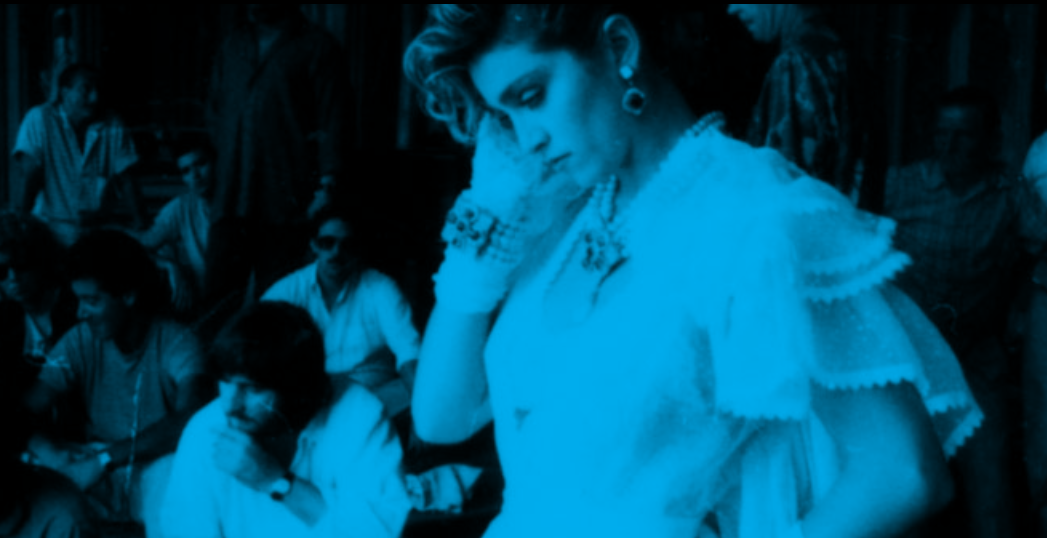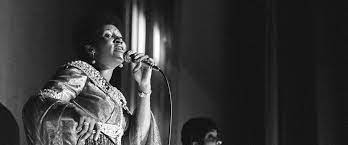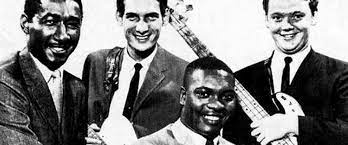About This Lesson
This lesson looks at that juncture in Soul’s history, when popular music and the Civil Rights movement seemed almost to be working in support of one another. Aretha Franklin, Otis Redding, Sam and Dave, the Motown acts; so much was happening, and so much was “crossing over,” getting to a wide, appreciative white audience. But the focal point here is not what was happening at the front of the stage. Rather, this lesson goes behind the scenes, to see where young white musicians and writers were working with African-American performers to create something that was truly born of a dialogue.
The focus here is one particular songwriter-producer-musician: Dan Penn. Only 14 when he had his first hit, “Is A Bluebird Blue,” recorded by Conway Twitty, Penn was entranced by black music, Ray Charles and Bobby “Blue” Bland among his very favorites. As the epigraph above suggests, Penn found a way to get close to the world associated with just such artists, not caring if he was allowed in simply because he’d be an errand boy if one was needed. Along the way, he wrote some of Soul music’s most enduring songs, including “I’m Your Puppet,” “Out of Left Field,” “Dark End of the Street,” and “Do Right Woman.” The artists recording those songs included Aretha Franklin, Percy Sledge, James Carr, and James and Bobby Purify, all African-American singers. As a white songwriter, Penn was writing for those voices, and he would be the first to tell you: “I mean, white singers are okay, but black singers are better. You don’t even have to think about it.”













